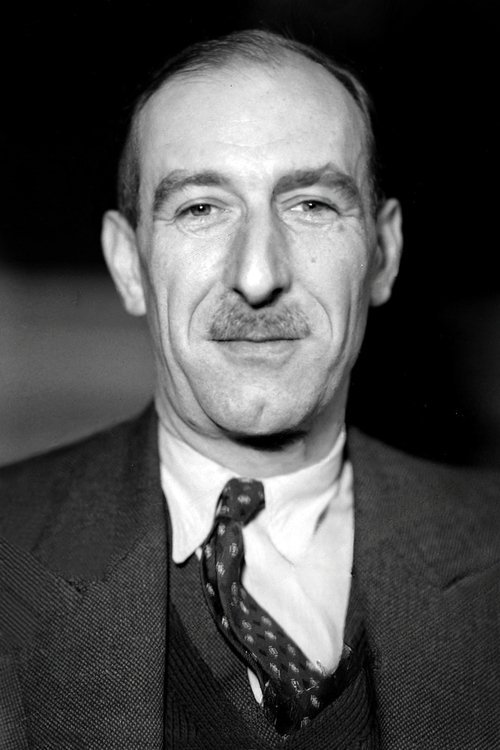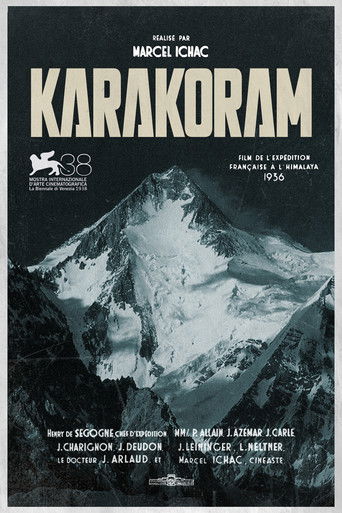
Gender
Birthday
Popularity
Henry de Ségogne
Henry de Ségogne
Gender
Birthday
Popularity
Biography
Henry de Ségogne (born April 30, 1901 in Paris and died in the same city on December 7, 19791) was a mountaineer (including leader of the first French expedition to the Himalayas in 1936), senior civil servant (Council of State, Commissioner General for the tourism) and a pioneer in the protection of landscape and cultural heritage in France. He is the son of Georges de Ségogne, lawyer at the Council of State and at the Court of Cassation, Knight of the Legion of Honor in 1921 and Valentine Hersant, nurse major during the war and Croix de guerre 14-182. His ancestor Jacques Bonaventure Ségogne, squire, lord of La Mancellière, was adviser secretary to the King. Henry de Ségogne became a friend of Antoine de Saint-Exupéry, in all likelihood at the Lycée Saint-Louis in 1918. In 1920, with his friend Henry de Ségogne, Saint-Exupéry was notably an extra for several weeks in Quo Vadis, an opera by Jean Nougues. They will remain linked. Henry de Ségogne studied law and will be received license. Amateur mountaineer, member of the French Alpine Club, he forms a rope with Jacques Lagarde, an ice specialist, one of the best in French mountaineering without a guide. Their first ascent in 1926 of the Lagarde - Ségogne corridor on the north face of the Aiguille du Plan (Mont-Blanc massif) is considered one of the greatest feats of the interwar period: the steepest glacier route climbed before the modern technique of anchoring (they use ten-point crampons and an ice ax to cut steps). It was only repeated at the end of December 1971 by the guides Walter Cecchinel and Claude Jager, but with revolutionary techniques for ice climbing: crampons with front spikes and above all the traction ax that could be used for anchoring. Henry de Ségogne chaired the very elitist High Mountain Group in 1930-1937. He was appointed leader of the first French expedition to the Himalayas in 1936 at the Karakoram to climb Gasherbrum I (8,068 m), alongside Pierre Allain (best climber of his generation), Marcel Ichac (founder of modern mountain cinema) , Jean Leininger, Jean Carle, Louis Neltner, Jean Deudon, Jean Charignon, Jean Arlaud and Jacques Azémar. It is a failure due to an early monsoon. The expedition is the subject of a documentary film: Karakoram released in 1937 and reissued in 1986. Henry de Ségogne then naturally became a member of the Himalayan Committee of the French Mountain Federation, which launched the famous victorious Annapurna expedition in 1950. High civil servant, Henry de Ségogne will devote himself to the protection of the heritage and the French landscape. He held numerous positions at the highest level of the State, including General Commissioner for Tourism between 1942 and 1946. Auxiliary Attaché to the Secretariat of the First Presidency on May 11, 1923. February 1927, deputy head on March 27, 1928, head of the secretariat on February 8, 1929. Chairman of the Architecture and Town Planning Council in 1961. Director of the Auxiliary Society for the Restoration of Real Estate Heritage (SARPI) in 1961...
